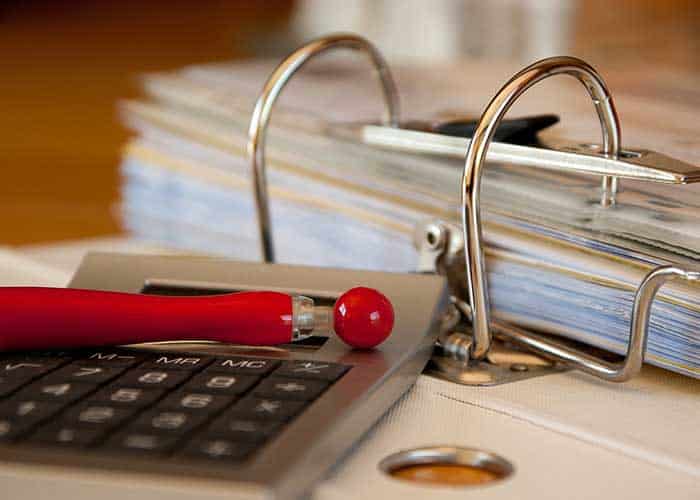Controlling your budget remains the priority to save money and not end up overdrawn. Managing your money requires method. How to control your accounts effectively and not put your money at risk? Regulate your expenses with our advice and tips. Learn how to manage your personal finances by doing your accounts rigorously.
Summary
Why do you need to do your accounts?
To successfully manage your budget, it is essential to be motivated. Why do you want to have an eye on your accounts? Ask yourself the right questions before starting your personal accounting.
Do you have money problems? Are you often exposed? On the contrary, do you allow some pleasures or do you prefer to save for fear of lack? Determine the exact reasons that push you to do your accounts with rigor in order to set yourself an achievable goal. By doing so, you will have enough motivation to keep your accounts in the long term.
How to control your expenses?
Monitor your account with proof of purchase
First it turns out important not to throw anything away. Keep your old checkbooks to control the stubs if necessary, as well as all your invoices, receipts, receipts… These various documents will allow you to monitor your accounts, and in particular the cashing of your checks and credit card purchases.
On the other hand, your online purchases must also be mastered. Today, it is easy to get any product with just one click. However, the Internet often pushes the expense. When you make a transaction on the net, print your e-bill in order to keep track of your expenses.
Monthly report
Then, at the end of the month, take stock of what you have left in the account. Group each of your purchases into a category to get an overview of the most important expenditure items (eg current bills, leisure, etc.). This will allow you to regulate your next expenses the following month by allocating an amount for each category.
Money saving tips
If your accounts are not positive, implement some tricks. Buying used, for example, will cost you less than buying new. Need a tool to do work around the house? Think about renting between individuals before investing in equipment.
In general, always compare prices and do according to your needs. Also review your various subscriptions, especially if they were taken out several years ago. Renegotiate mobile telephony, Internet plans, etc.
To better control your budget, you can also request monthly payments for certain expenses (EDF, insurance, tax, etc.).
Predict debt
No one is immune to the unexpected or an accident of life such as illness, disability, job loss. To deal with emergency situations, plan a cash reserve, an envelope on which you can count in case of a hard blow. Ideally, this reserve should be used to pay for all your purchases for three to six months, the time to see what comes…
On the other hand, avoid taking out consumer credit. Having debts remains the safest way to not have a structured budget. As far as possible, pay cash, or failing that, always wait until you have finished paying to consider another major purchase. You should also know that having several means of payment encourages spending. To better control your budget, use only one credit card. It will also make your accounts easier.
Save money by putting money aside
How to save every month? Saving money is a good way to manage personal finances. Even if you have a low income, try to put money into savings. And it does not matter if the sum is modest. In order to keep your commitments more easily, prefer automatic transfer.
This amount set aside can be used to make a major purchase or fulfill an old dream (a trip to the other side of the world, for example).
If your end of the month turns out to be very difficult despite all your good will, get support from a financial coach. This professional will teach you how to do your accounts to spend and save effectively.
Accounting software dedicated to individuals, such as Mint, can also help you in your approach.
You will like also :
- How to save on a low salary?



